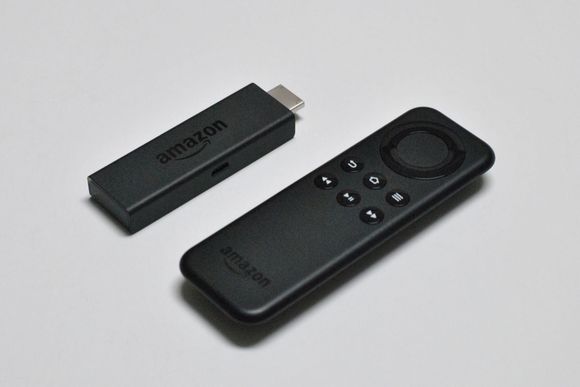Technology is Changing TV
Amazon Fire Stick, Chromecast, and Smart TVs are steadily emerging over the horizon, more so now than ever. With access to services like Netflix, Hulu, or HBO Go and devices that allow you to stream those services on your TV, cable is on its way out.
TV has come a long way since the 1920’s, and as we get closer to 2020, looking back on the history of television during the last one hundred years and seeing how far we’ve come is pretty amazing. Today, televisions are just about everywhere you go. Everywhere. And they have been for a while. That’s because TVs are a staple of technology – we use them to reach out to one another, stay informed, and keep ourselves entertained.
If you’re a business owner who caters to crowds, or often has people waiting or sitting for lengthy periods of time, then chances are you’ve got a TV within sight for the exact reasons just listed above. Which is great, the comfort of your customers is key – but in this rapidly advancing world of technology, it’s easy to get carried away when trying to build an inviting waiting room experience.
Between all the technology available to business owners coupled with the drive to maintain customer satisfaction, the ease of putting something up like Netflix powered by an Amazon Fire Stick is second nature. So why wouldn’t you do it? The answer is simple. Because it’s illegal.
NETFLIX TERMS:
The Netflix service and any content viewed through our service are for your personal and non-commercial use only. During your Netflix membership, we grant you a limited, non-exclusive, non-transferable, license to access the Netflix service and view Netflix content through the service. Except for the foregoing limited license, no right, title or interest shall be transferred to you. You agree not to use the service for public performances.
Using those services with a “set it and forget it” mentality without regard for the licensing terms and conditions can be dangerous for your business. The people who enforce the rules on media licenses take this very seriously. For more information regarding why you should think twice about setting up services like that in your business, check out this article on using Netflix in your business.
Personal Use is Different than Business Use
In the end, the licensing rights tied with those services only applies to personal use. Setting them up in your business is a no-go. But if you think about it, TVs and plug-ins like Fire Stick and Chromecast were designed with the home setting in mind, not business settings anyway.

So you can’t use a Fire Stick in Your business to deliver any real TV content. Up until recently, this left you with only one real choice: cable TV. And while it’s legal to run cable in a business setting, cable TV isn’t designed for the benefit of your customers and your business. It’s Relevant TV is.
Custom TV from It’s Relevant
It’s Relevant TV bridges the gaps between TV, customer satisfaction, and business messaging using unique digital sinage software – creating a more inviting place for visitors. The service provides businesses with content and control that makes for an all around better TV experience. IRTV creates a custom TV network for each business with access to a vast library of original content divided into a number of categories you can pick and choose from. On top of the TV content with more meaningful controls, your business also gets room to advertise additional services, reach out to customers, and share your latest social media posts. It’s Relevant TV turns your television into a tool for your business.





